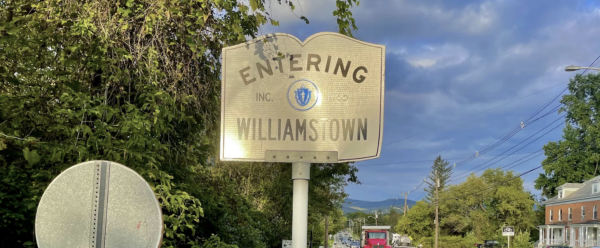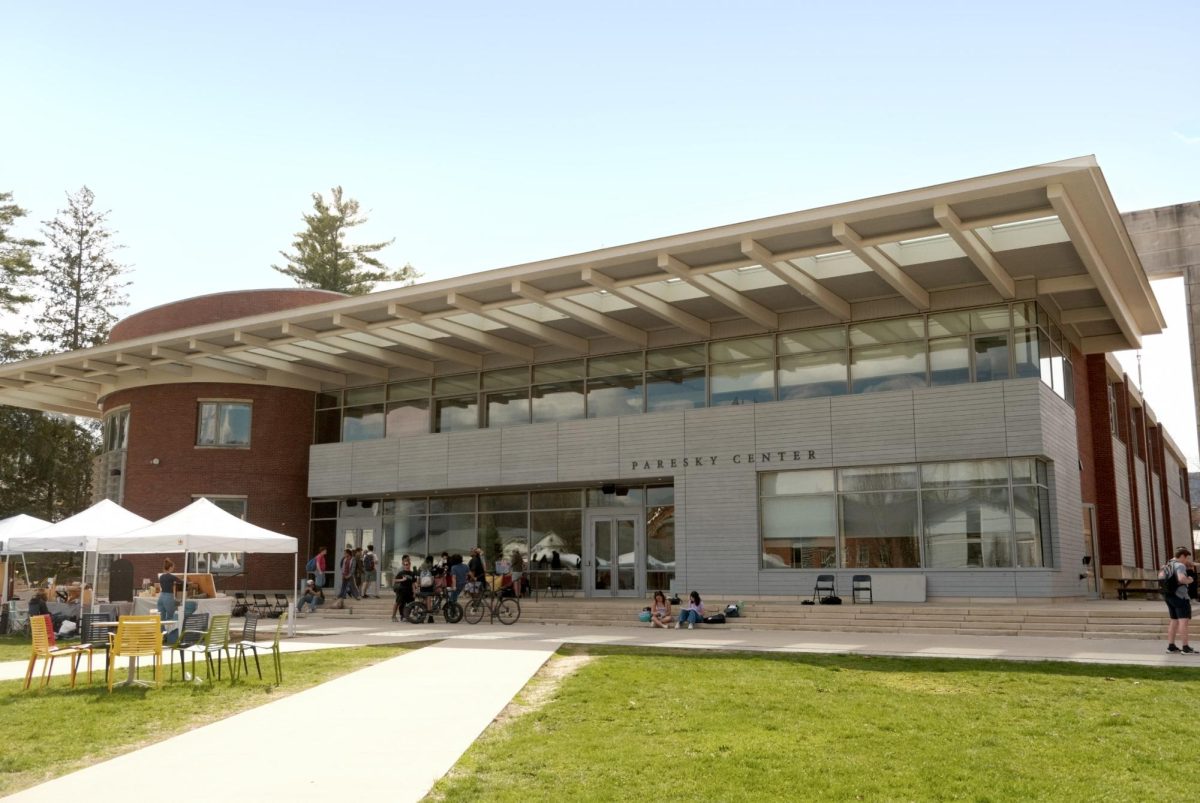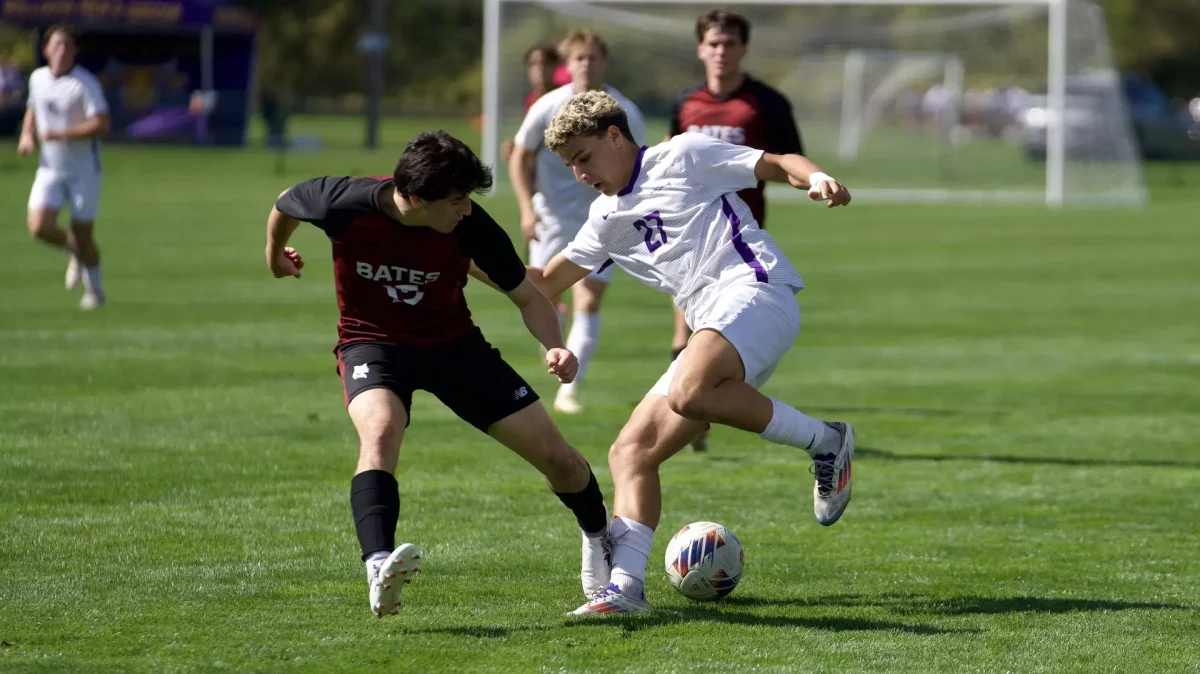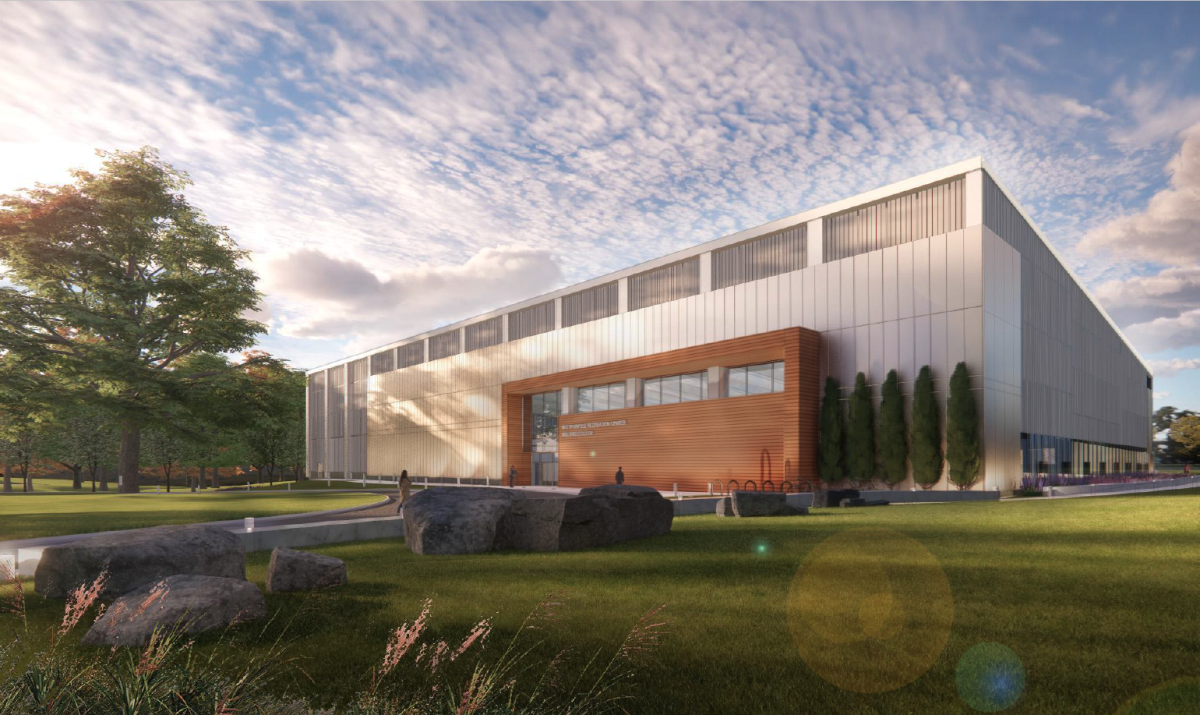
The College’s Ad Hoc Transportation Working Group is currently working on a Transportation Hub document, a version of which was published in February. The document is composed of over 15 pages of resources about local transportation services. These include routes to increase community knowledge of transportation in and out of Williamstown to the nearest metropoles and train stations.
The working group was restarted in fall 2023 by Manager for Spouse Partner Resources and Employee Engagement Specialist Cecilia Hirsch, after being defunct for several years. Her colleague, Senior Data Analyst Corinne Greenblatt said that it started in October 2023 after conversations with faculty spouses. “[Spouses were] doing constant transportation to another place, or perhaps even sometimes living in another place,” she said. “Getting in between that place and … Williams was really hard.”
In creating the document, the working group crowdsourced knowledge of transport routes to create a comprehensive list that can be used and circulated by the communications team. According to Hirsch, the group aims to work with the Offcie of Communications to build the transportation hub on the College’s website in the near future, which is currently more for “visitors and guests and prospective students,” Greenblatt said. The information that is currently available is primarily designed for drivers and less so for public transportation, buses, or trains.
Eventually, the group hopes to propose transportation improvements to the College, such as a ridesharing platform for community members. The group has also discussed the possibility of suggesting a regular shuttle to Albany, which Greenblatt noted is one of the most connected Amtrak stations in the Northeast.
Greenblatt herself works remotely from New York City and frequently commutes to Williamstown. She said she noticed that her colleagues and neighbors were unaware of the extent of travel options available. “I’’ll talk to people who lived in Williamstown for a long time and [they] have no idea about many of the things that I ended up using as part of my rotation because they just never heard of it or it’s not been relevant to them before.”
Transportation is notoriously difficult at the College, particularly during the academic year, when the College’s Motorcoach buses are not running. The COVID-19 pandemic has had a significant impact on accessibility, according to Hirsch, especially since the daily Peter Pan bus to New York was eliminated. The College also discontinued a pilot program to run a weekend shuttle to the Wassaic Metro North rail service for faculty, staff and partners after the pandemic.
Saumya Shinde ’26 told the Record that, when she had to travel to Boston for a visa appointment on short notice, the College was unable to help organize a transportation option. She had to pay a driver to take her to the embassy, and though the trip was eventually covered by a travel grant, the situation was difficult, stressful, and required her to have money available to cover the cost of the car, she said. “Students are often left on their own … to navigate bureaucracy and redtape on their own, often for the first time, which is scary,” she said.
Greenblatt also noted that facilitating an easier commute can be essential for helping retention, particularly for — but not limited to — faculty and students of color. Hirsch addsed that the committee has considered the need for “access to cultural hubs and resources which are harder to find in Williamstown, such as specialized supermarkets.”
By crowdsourcing this data, the document will provide a more comprehensive view of transportation options that do not rely on word-of-mouth or WSO. “Everyone feeling included in this process is key,” says Hirsch.


















